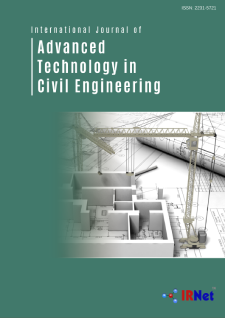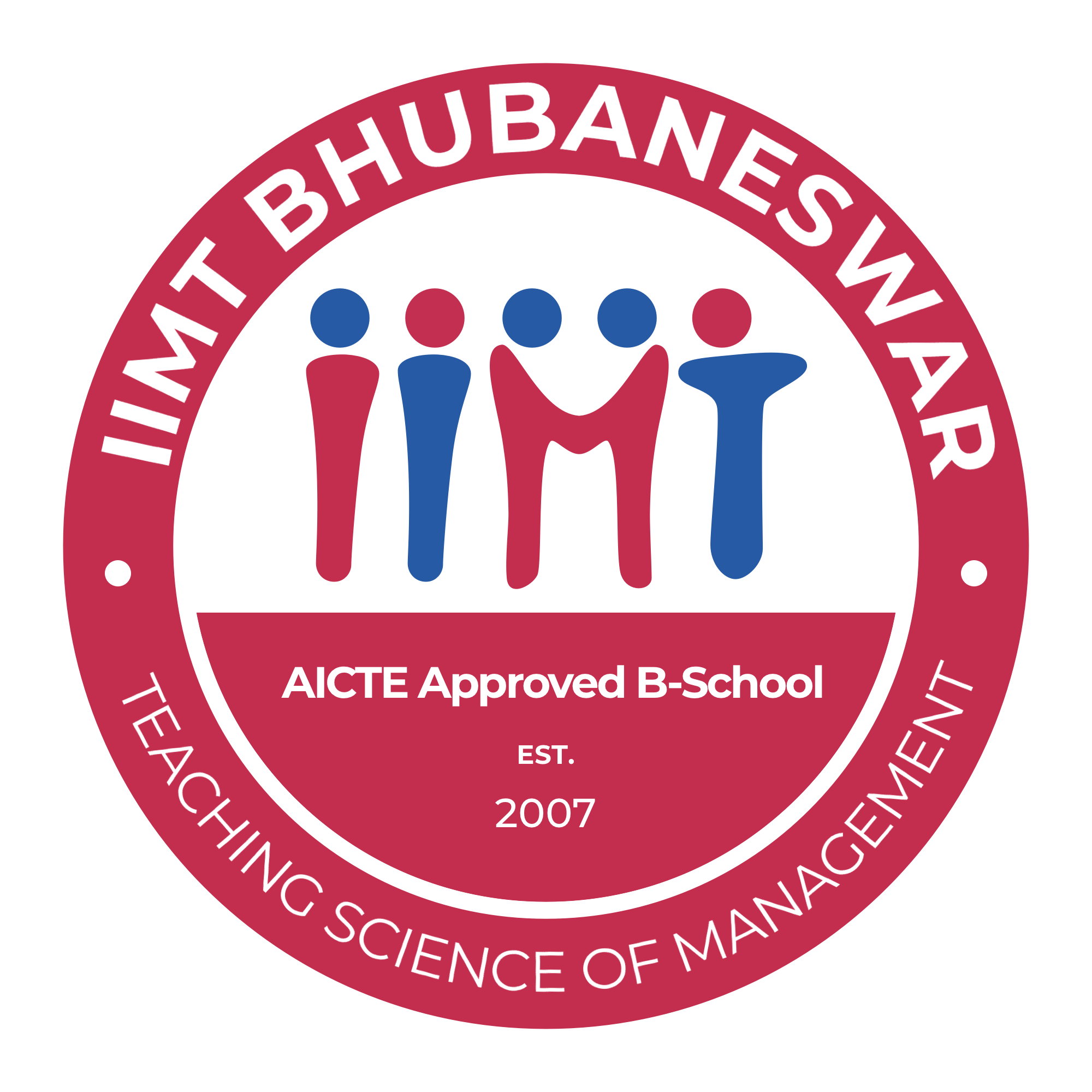International Journal of Advanced Technology in Civil Engineering IJATCE
ISSN: 2231-5721

Abstracting and Indexing


IJATCE
Strategies to Improve the Quality Parameter of Building Construction Projects in Sri Lanka
Asiri Hasantha Ranasinghe
Birmingham City University, United Kingdom
Iddamalgoda Pathiranage Tharindu Sandaruwan
Liverpool John Moores University, United Kingdom
ayasinghe Aarachchige Bihara Janardana
nternational College of Business and Technology, Sri Lanka
Manoharan Kesavan
Wayamba University, Sri Lanka
Abstract
Construction industry is a booming industry in Sri Lanka. Influence by the construction industry to the society in terms of both socially and economically cannot be underestimated since its contribution is high. Since this is a highly widening industry lots of beginners are coming to the industry as both investors and contractors. Every contractor is keen on increasing their market share. So, maintain the quality of these project is highly important in the current market. Poor quality in construction affects its every stakeholder. Safety issues, losing the strength of the structure, not enhancing the required appearance and additional cost for rectification has been some major issues due poor quality in the industry. Therefore, this research carried out to investigate strategies to improve the Quality parameter of building construction projects in Sri Lanka. Accordingly, mixed method research approach was selected. Accordingly, questionnaire survey was revealed imposing quality practices effect the quality in building construction projects, training and development of workers effect the quality in building construction projects, involvement of skilled staff and labour effect the quality in building construction projects, lack of skilled staff and labour effect the quality in building construction projects, utilization of new technology effect the quality in building construction projects, and quality of materials effect the quality in building construction projects are the critical factors affect quality of building projects in Sri Lanka. Through the qualitative approach it was recommended suitable practical solutions to control the above identified critical factors.
Recommended Citation
Akadiri, P. O. (2015). Understanding
barriers affecting the selection of
sustainable materials in building
projects. Journal of Building
Econimics, 4, 86-93.
Al-Thani1, S., & Park, S. (2020). The Case
for Sustainable Concrete Waste
Management in Qatar. Sustainability
in Environment, 5(1), 1-13.
Arditi, D., & Gunaydin, H. (1998). Factors
that affect process quality in the life
cycle of building projects. Journal of
Construction Engineering and
Management, 124(3), 194-203.
Arditi, D., & Gunaydin, H. (1999).
Perceptions of process quality in
building Projects. Journal of
Management in Engineering , 15(2),
43-53.
Atkinson, A., Weterhouse, J., & Wells, R.
(1997). A stekeholder Approach to
Strategic Performance Measurement
. Solan Management Review, 38(3),
25-37.
Chan, A., & Tam, C. (2000). Factors
Affecting the Quality of Building
Projects in Hong Kong. International
Journal of quality and reliability
Management, 14(4/5), 423-441.
Chan, H., Le, A., & Jin, R. (2015). From
construction megaproject
management to complex project
management: Bibliographic analysis.
Journal of Management in
Engineering, 31(4), 9-18.
Chandrasena, G. (2003). Importance of
Quality Assurance in the Building
Construction Industry of Sri Lanka.
Colombo: National Building
Research Organisation
Charantimath, P. (2003). Total Quality
Management. North Buona: Pearson
Education (Singapore) Pte Ltd.
Creswell, J. (2014). Research Design:
Qualitative, Quantitative and Mixed
Methods Approaches (4 ed.).
Thousand Oaks: CA:Saga.
Dale, B. (2003). Managing Quality
(Blackwell Publishing ed.). London:
4th.
Dawson, C. (2002). Practical Research
Methods: A user Friendly guide to
mastering research. Oxford : How to
Books Ltd.
De Silva, S., Sachindrani, D.,
Hatharasinghe, H., & Bogahawatte,
I. (2015). The Contradiction between
Sustainable Development and
Economic Development: Special
Reference to the Colombo Port City
Project of Sri Lanka. International
Research Conference Articles (KDU
IRC) (pp. 196-201). Colombo:
Kothalawala Defence University.
Dilawo, R., & Salimi, Z. (2019).
Understanding TQM implementation
barriers involving construction
companies in a difficult
environment. International Journal
of Quality & Reliability
Management, 2(1), 68-82.
Faridi, A., & El-Sayegh, S. (2006).
Significant factors causing delay in
the UAE construction industry.
Construction Management and
Economics, 24(11), 1167-1176.
Fellows, R., & Liu, A. (2008). Research
Methods for Construction (3rd ed.).
Oxford: Blackwell Science.
Galgoda, A. (2017). Construction Industry
Presents Challenges and Future.
Retrieved September 20, 2018, from http://dailynews.lk/2017/07/27/busin
ess/
Gunasekara, B. (2018). ERP systems' impact
on the accounting process in Sri
Lankan companies. (pp. 1-27).
Colombo: International Conference
of Faculty of Architecture Research
Unit (FARU), University of
Moratuwa.
Hassan, A., Baksh, M., & Shaharoan, A.
(2000). Issues in Quality
Engineering Research. International
Journal of Quality and Reliability
Management , 17(8), 858-875.
Hughes, W. (1991). Effective Control of
Construction Projects. Bath:
University of Bath - UK.
Jain, P. (2001). Quality Control and Total
Quality Management. New Delhi:
Tata McGraw-Hill Publishing
Company Limited.
Jayalath, A., & Gunawardhana, T. (2017).
Towards sustainable constructions:
Trends in Sri Lankan construction
industry - A review. International
Conference on Real Estate
Management and Valuation, 137-
143.
Loganathan, K., & Viswanathan, V. (2016).
on a study report on cost, duration
and quality analysis of different
formworks in high-rise building.
International Journal of Scientific &
Engineering Research, 7(4), 190-
195.
Low, S., & Tan, W. (1996). Public Policies
for managing construction quality:
The grand strategy for Singapore .
Construction Management and
Economics, 14, 295-309.
Mahmood , S., Shahrukh, & Sajid, A.
(2012). Identification of Critical Success Factors for Reduction of
Cost of Poor Quality from the
Construction Projects. Bangkok:
Research Gate.
Martin, G., & Thompson, A. (2011).
Effective management of
construction dispute resolution.
Journal of Legal Affairs and Dispute
Resolution in Engineering and
Construction, 3(2), 67-70.
Mashwama, N., Aigbavboa, C., & Thwala,
D. (2016). Investigation of
Construction Stakeholders
Perception on the effects and cost of
Construction Dispute in Swizland.
Procedia Engineering , 164, 196-
205.
Moshini, R., & Davidson, C. (1991).
Building procurement – key to
improved performance: owner’s
procurement decisions have very real
effect on the performance of the
design team as it carries out various
stages of building design and
construction process. Building
Research and Information, 19(2),
106-113.
Peter, R., & William, A. (2002).
Megaprojects need more study up
front to avoid cost overruns. J.Enr.,
249(3), 11-17.
Pheng, L., & Hwa, G. (1994). Construction
Quality Assurance: Problems of
Implementation at infancy stage in
Singapore. International Journal of
Quality and Reliability Management,
11(1), 22-37.
Rajakaruna, R., Bandara, K., & Silva, N.
(2008). Challenges faced by the
construction industry in Sri Lanka:
Perspective of clients and
contractors. Engineering , 3, 12-20.
Ralegaonkar, R., Madurwar, M., & Sakhare,
V. (2016). Sustainable Construction
Materials. Nagpur: Visvesvaraya
National Institute of Technology,
India.
Rameezdeen, R., Kulatunga, U., &
Amarathunga, D. (2004).
Quantification of construction
material waste in Sri Lankan sites.
Moratuwa: University of Moratuwa.
Rashid, K. A., & Khairuddin, S. S. (2017).
Construction Procurement Systems
in Use in Malaysia. Malaysian
Construction Research Journal,
23(3), 71-87.
Rumane, A. (2011). Quality Management in
Construction Projects. Florida: CRC
Press.
Samarakkody, A., & Perera, B. (2021).
Application of Soft Landings
concept in Sri Lanka to narrow the
building performance gap, enablers
and barriers. Smart and Sustainable
Enviornment, 8(1), 63-72.
Sandaruwan, I., Hadiwattage, C., &
Jayasinghe, J. (2021). Barriers in
practicing life cycle costing
techniques experienced by Sri
Lankan quantity surveyors.
Colombo: Ceylon Institute of
Builders (CIOB).
Srinivasan, N. P., & Dhivya, S. (2020). An
empirical study on stakeholder
management in construction projects.
International Conference on Recent
Trends in Nanomaterials for Energy,
Environmental and Engineering
Applications.21, pp. 60-62. India:
Bland.
doi:org/10.1016/j.matpr.2019.05.361
Tan, R., & Goa, Y. (1995). On the Quality
of Construction Engineering Design Project: Criteria and Impacting
Factors. International Journal of
Quality and Reliability Management
, 12(5), 60-72.
Thabani, N. (2019). Cost overrun factors in
constructionindustry: a case of
Zimbabwe. Harare: University of
Zimbabwe
Waje, V., & Patil, V. (2002). Cost of Poor
Quality in Construction. Journal of
Mechanical and Civil Engineering,
4, 28-36.
Watermeyer, R. B. (2012). No AccessA
framework for developing
construction procurement strategy.
Management, Procurement and Law,
165(4), 223-237.